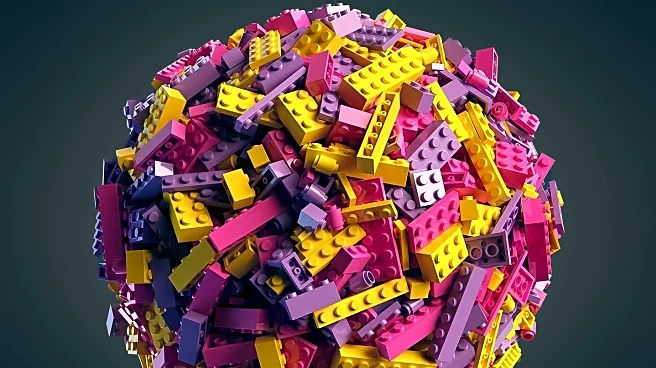What's Happening?
Lobeline, a compound known for its effects on stress granules (SGs), has been shown to delay SG dissolution in glioblastoma (GBM) cells under hypoxic conditions. This delay correlates with increased cell death, particularly in hypoxic environments. Lobeline's impact on SG dynamics is dose-dependent and involves sustained eIF2α phosphorylation, leading to decreased protein translation. These findings suggest that lobeline could enhance the vulnerability of GBM cells to hypoxic stress, offering a potential therapeutic strategy.
Why It's Important?
Glioblastoma is a highly aggressive brain tumor with limited treatment options. The ability of lobeline to increase cell death in GBM cells by modulating SG dynamics presents a novel approach to targeting these tumors. By exploiting the stress response pathways, lobeline could potentially improve the effectiveness of existing treatments or lead to new therapeutic strategies. This research underscores the importance of understanding cellular stress mechanisms in cancer therapy.
What's Next?
Further studies are needed to explore the clinical potential of lobeline in treating glioblastoma. Investigating its effects in combination with other therapies could provide insights into its role in comprehensive cancer treatment strategies. Additionally, understanding the molecular mechanisms underlying lobeline's impact on SGs could reveal new targets for drug development.










